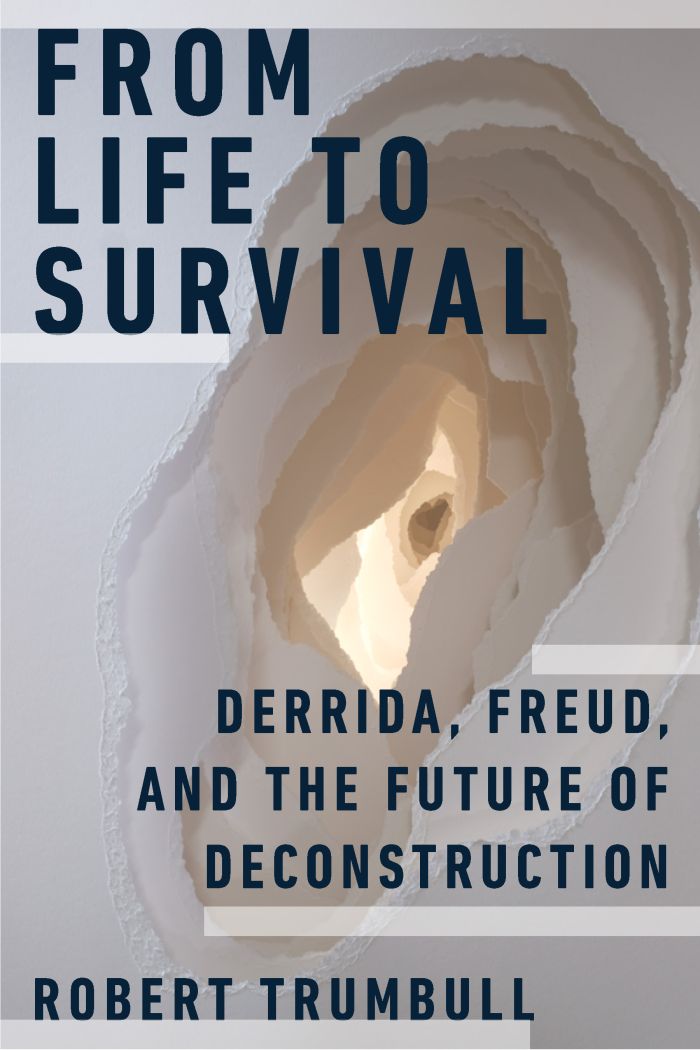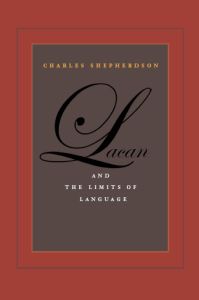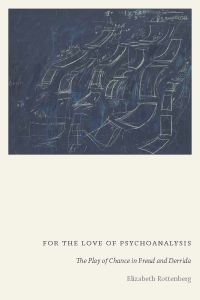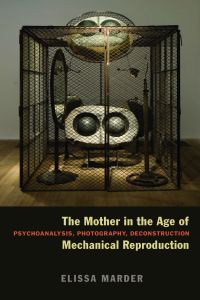From Life to Survival
Derrida, Freud, and the Future of Deconstruction

This book can be opened with

Contemporary continental thought is marked by a move away from the “linguistic turn” in twentieth-century European philosophy, as new materialisms and ontologies seek to leave behind the thinking of language central to poststructuralism as it has been traditionally understood. At the same time, biopolitical philosophy has brought critical attention to the question of life, examining new formations of life and death. Within this broader turn, Derridean deconstruction, with its apparent focus on language, writing, and textuality, is generally set aside.
This book, by contrast, shows the continued relevance of deconstruction for contemporary thought’s engagement with resolutely material issues and with matters of life and the living. Trumbull elaborates Derrida’s thinking of life across his work, specifically his recasting of life as “life death,” and in turn, survival or living on. Derrida’s activation of Freud, Trumbull shows, is central to this problematic and its consequences, especially deconstruction’s ethical and political possibilities. The book traces how Derrida’s early treatment of Freud and his mobilization of Freud’s death drive allow us to grasp the deconstructive thought of life as constitutively exposed to death, the logic subsequently rearticulated in the notion of survival. Derrida’s recasting of life as survival, Trumbull demonstrates, allows deconstruction to destabilize inherited understandings of life, death, and the political, including the dominant configurations of sovereignty and the death penalty.
Trumbull’s book distinguishes itself by the ambitious scope of its argument, which undertakes a new understanding of the status of life throughout Derrida’s work. Through original argument, he reconstructs a Derridean concept of life (life death) as made possible by a trace that runs throughout Derrida’s work, from his early texts on Husserl, through responses to psychoanalysis, Nietzsche and Heidegger, to the more obviously “political” work, such as Derrida’s writing on the death penalty. Trumbull’s exploration of the normative aspects of Derrida’s work is informed by an innovative account of the status of norms within vitalism and Foucauldian biopower, producing a new understanding of deconstructive politics.—Penelope Deutscher, Northwestern University
Robert Trumbull’s new book is a fascinating exploration of the relationship between the two thinkers.—Times Literary Supplement
There are traces of Freud throughout Jacques Derrida’s work, as Trumbull demonstrates in this challenging, rewarding examination of those traces across the decades of the deconstructionist’s writing on “life death,” “autoimmunity,” the “impossible,” and “living on,” among other significant Derridian themes.—Choice Reviews
List of Abbreviations | ix
Introduction: Derrida, Freud, and the Future of Deconstruction | 1
1 From Grammatology to Life Death | 11
2 Interrogating the Death Drive | 35
3 Survival as Autoimmunity | 68
4 Mortality and Normativity | 97
5 Sovereignty, Cruelty, and the Death Penalty | 127
Acknowledgments | 155
Notes | 157
Bibliography | 185
Index | 195




